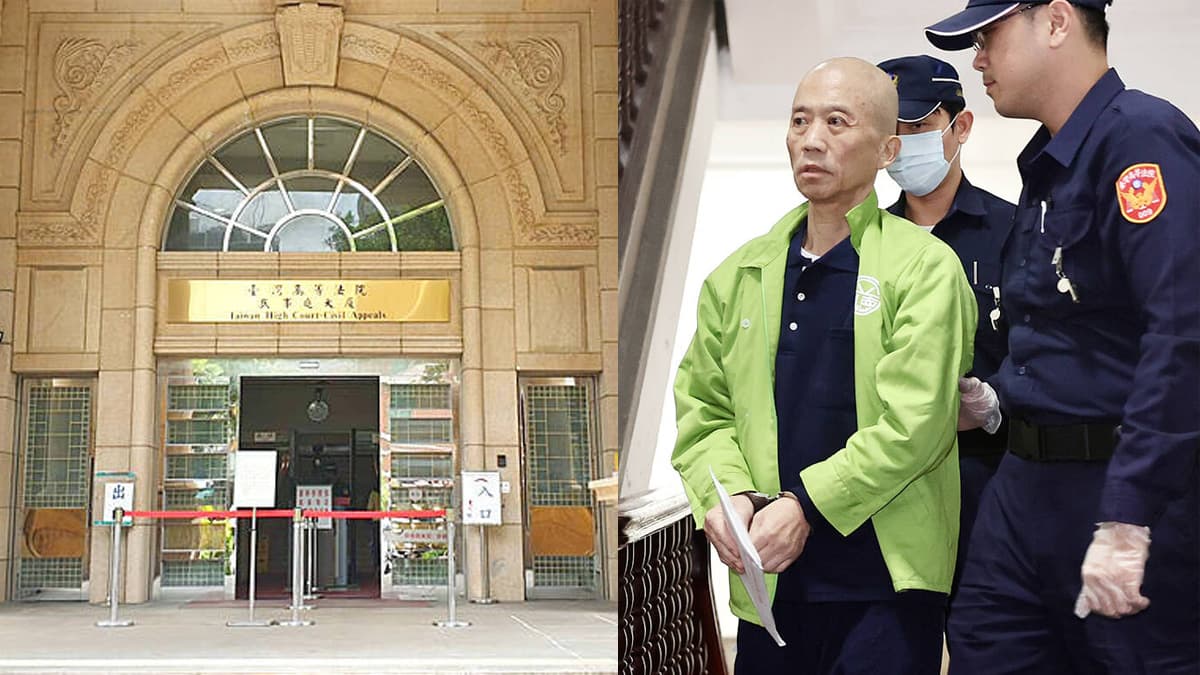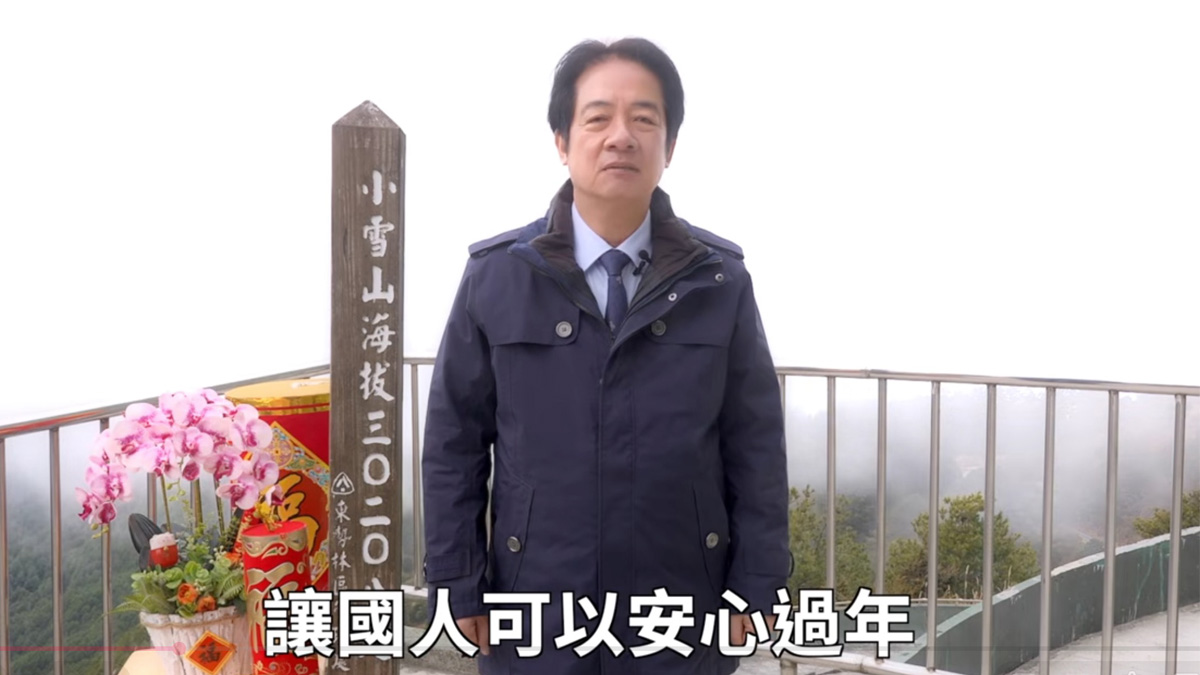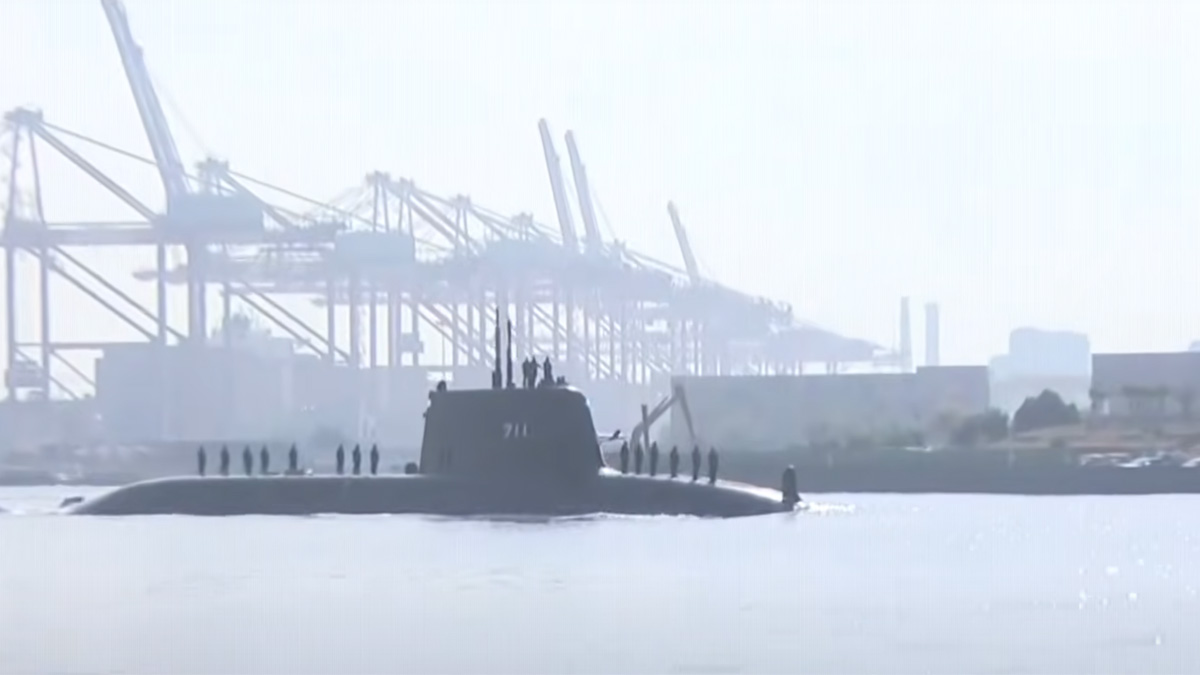Seven indicted in Taiwan for China-linked espionage involving military personnel
Seven individuals, including a Hong Kong man and six former and active Taiwanese military personnel, have been indicted for espionage on behalf of China, with prosecutors detailing efforts to recruit insiders and leak sensitive defence information.

- Taiwan’s High Prosecutors’ Office indicted seven people for espionage on behalf of China, including a Hong Kong national and six military insiders.
- The network aimed to gather and leak classified military and defence information, with payments based on intelligence value.
- Authorities highlighted the growing risk of infiltration and urged stronger national security safeguards, including personnel vetting.
Taiwan’s High Prosecutors’ Office on 18 November 2025 indicted seven individuals, including a Hong Kong man and six former or active members of Taiwan’s military, on charges of spying for China.
The accused allegedly formed an espionage network aimed at infiltrating Taiwan’s military and accessing sensitive national defence information. Prosecutors described the case as a serious threat to national security and urged the court to impose heavy sentences.
The central figure in the case, Ting Hsiao-hu (丁小琥), is a Chinese national with Hong Kong residency. According to prosecutors, Ting entered Taiwan on multiple occasions under the guise of business and tourism. During these visits, he met with and recruited individuals with military access, using his network to gather and transmit confidential information to the Chinese state.
Prosecutors stated that Ting is affiliated with the Chinese People’s Liberation Army General Political Department’s Nanjing work station. He is accused of funnelling over NT$11.12 million (approximately US$356,216) into Taiwan through underground money transfers coordinated by Chen Chun-an (陳俊安), who has also been indicted.
Ting first recruited retired officers Wang Wen-hao (王文豪) and Tan Chun-ming (譚俊明). These two individuals are then alleged to have recruited others, both retired and active-duty military personnel, including Lu Chi (呂契), Chiu Lin (邱林), Yang Hui (楊慧), and Yang Chih (楊智). Two additional members of the group, Ho Ying (何影) and Chang Wei (張煒), had passed away before charges were laid.
According to the indictment, the espionage network collected and leaked classified government documents and military secrets. Payments to members were calculated based on the perceived value of the intelligence provided.
Prosecutors emphasised that the group’s actions endangered Taiwan’s national security and involved betrayal of fundamental military responsibilities. “These individuals, some still in active service, betrayed their oath and the trust placed in them by the country,” the office said, urging that they face the full weight of the law.
The investigation culminated in four coordinated raids across 21 locations on 24 July, during which 13 individuals were summoned for questioning and 16 were investigated.
The accused are charged under multiple legal provisions, including the National Security Act, the Classified National Security Information Protection Act, and the Criminal Code of the Armed Forces. Separate charges of money laundering were filed against Ting, Chen and Wang by the Taipei District Prosecutors’ Office.
The Ministry of National Defense (MND) confirmed the arrests, including the involvement of two active-duty officers. It expressed deep regret over the breach of loyalty by its personnel, condemning the actions as treasonous.
An internal investigation by the MND identified additional risks, leading to the referral of a suspect surnamed Yang to the National Security Bureau and other agencies.
The MND stressed its commitment to counterintelligence efforts, highlighting its implementation of stronger vetting protocols for personnel handling classified information. Measures include access certification, enhanced security awareness, and deepened training programmes.
It reaffirmed its participation in a national security joint-defence mechanism, pledging continued coordination among security institutions.
Tunghai University Cross-Strait Research Center deputy executive director Hung Pu-chao (洪浦釗), as cited by Taiwanese media, commented that the incident reflects a wider systemic risk.
He argued that the threat stems not from the Hong Kong community itself, but from China’s national security apparatus, which has extended its reach into Hong Kong since the 2020 National Security Law was enacted.
Hung emphasised that while Taiwan should maintain its support for Hong Kong’s democratic values, it must simultaneously reinforce its own defences. He advocated for more precise and tiered risk profiling for Hong Kong residents entering Taiwan, rather than blanket restrictions.
“The espionage case is a wake-up call,” Hung said. “It is not an isolated incident but a symptom of ongoing infiltration efforts that require a strategic reassessment of national security risks.”
Prosecutors reiterated that national security is the cornerstone of democracy. They pledged to continue rigorous investigations to expose and dismantle threats at all levels and ensure those involved face legal consequences.







